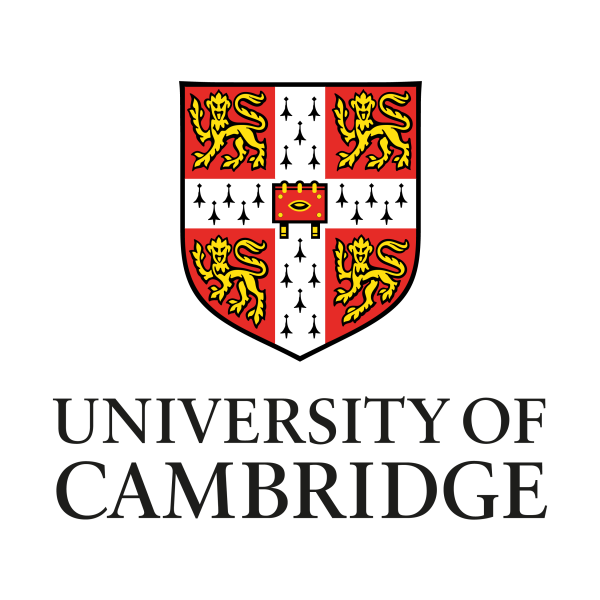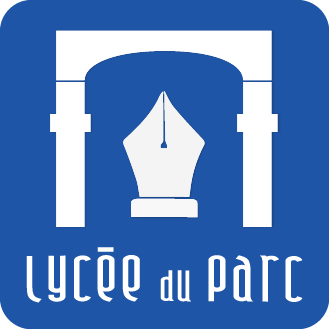
Preparation for the Agrégation in Computer Science (2025–2026, Ongoing).
📍ENS Rennes (Rennes, France).
I spend the year preparing for the agrégation in computer science at ENS Rennes. The agrégation is an examination to become a preparatory class teacher.
As part of the preparation program, I follow, or have followed, courses on the following scientific fields:
- Programming language theory (David Pichardie),
- Algorithms (Alice Goeminne, Théo Pierron),
- Calculability (Alice Goeminne),
- Logic (Théo Pierron),
- Formal language theory (Alice Goeminne),
- Computer architecture (Simon Rokicki),
- Operating systems (Martin Quinson),
- Software engineering (Yaëlle Vinçon),
- Artificial intelligence (Romain Tavenard),
- Databases (David Gross-Amblard),
- Networks (Yaëlle Vinçon).
In those courses, we use C, OCaml, Python, SQL, and RISC‑V assembly.
More information is available on the webpage about ENS Rennes’ agrégation preparatory class (in French).

M1 Research Internship in Tobias Grosser’s Research Group (Summer 2025).
📍Department of Computer Science and Technology (Cambridge, United Kingdom).
Nine-week internship in Tobias Grosser’s research group with Mathieu Fehr: Pruning Enumerative Synthesis Search Space Using Equivalence Classes.
During this internship, I developped and implemented an algorithm that generates all pattern rewrites up to a certain size for a given MLIR dialect.

M1 Research Project in DiverSE Team (2024–2025).
📍IRISA, Inria center at Rennes University (Rennes, France).
Year-long, one-day-a-week research project at IRISA in the DiverSE team, supervized by Djamel E. Khelladi and Arnaud Blouin, on extracting from a Git commit history the changes that induce fixes using a tool developped in the team and mining patterns from those changes: A Novel Method to Study the Emergence of Software Vulnerabilities in Code.

M1 SIF (2024–2025).
📍ENS Rennes (Rennes, France).
First year of master, with courses on the following scientific fields:
- Compilation (Simon Rokicki),
- Model checking (Sophie Pinchinat),
- Software formal analysis and design (Thomas Genet),
- Knowledge representation and reasoning (Guillaume Aucher),
- Operating systems (Isabelle Puaut),
- Computational complexity theory (Thomas Seiller),
- Information theory (Éric Fabre),
- High performance computing (Martin Quinson),
- Epistemology (Filipe Drapeau-Contim, Olivier Ridoux),
- Computer science and Anthropocene (Simon Castellan).
In those courses, we used C, Java, Scala, the Isabelle/HOL proof assistant, and the NuSMV model checker.
I also had a course on making scientific presentations, as well as many seminars, and English classes.

L3 Research Internship in Cambium Team (summer 2024).
📍Inria Paris center (Paris, France).
Eight-week internship within the Cambium team, supervized by Florian Angeletti: Higher-Level Error Messages for OCaml Modules.
During this internship, we explored a way to improve OCaml module error messages by detecting spelling mistakes efficiently using an ingenious combination of algorithms and data structures. This work was submitted as a pull request to the OCaml compiler and should be included in the next compiler version.

L3 SIF (2023–2024).
📍ENS Rennes (Rennes, France).
Third year of licence, with courses on the following scientific fields:
- Programming language theory (David Baelde),
- Formal languages (Gilles Lesventes),
- Algorithms (Francois Schwarzentruber),
- Logic (David Baelde),
- Systems programming (Martin Quinson),
- Computer architecture (Steven Derrien),
- Software engineering (Martin Quinson),
- Distributed algorithms (Davide Frey, George Giakkoupis),
- Digital image processing (Emmanuel Caruyer),
- Networks (Guillaume Didier),
- Probability and statistics (Francois Schwarzentruber).
In those courses, we used C, C++, OCaml, and Python, as well as RISC‑V assembly.
I also had a pedagogy module, as well as many seminars, and English classes.

CPGE MP2I/MPI (2021–2023).
📍Lycée du Parc (Lyon, France).
The MP2I/MPI pathway is part of the French ‘CPGE’ system, which is an intensive two-year preparation program for entrance exams to grandes écoles, such as ENS Rennes. It corresponds to the first two years of licence. This pathway focuses specifically on mathematics, computer science, and physics. Students follow courses on computational complexity theory, formal languages, and logic. Studied languages are C, OCaml, and SQL.
Baccalauréat Général (2021).
Very high honors (‘mention « Très bien »’). Majors: computer science, mathematics and physics & chemistry.
The computer science major introduces students to basic topics such as graph theory, recursion, and object oriented programming.



